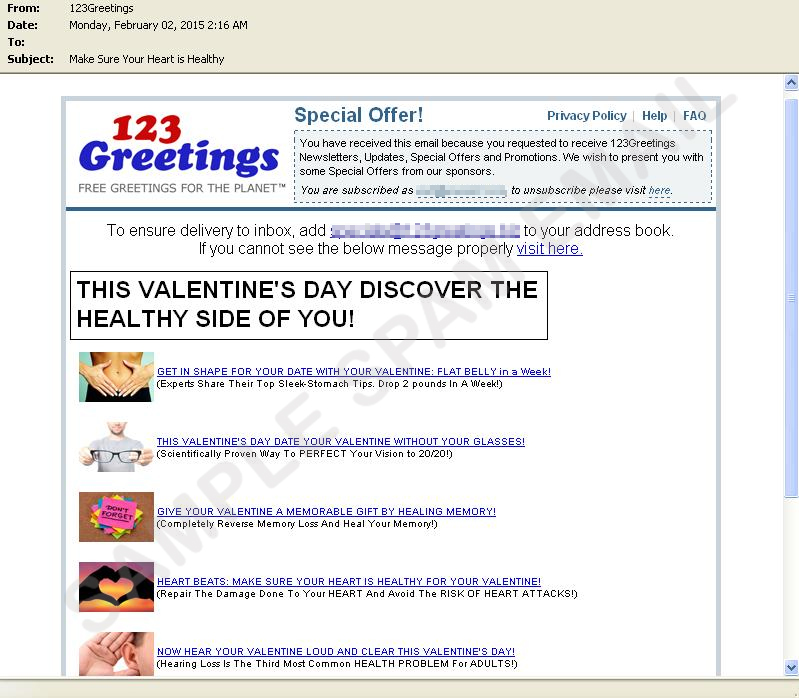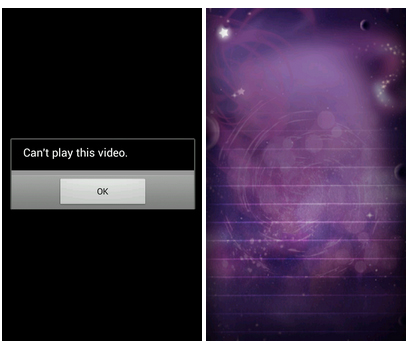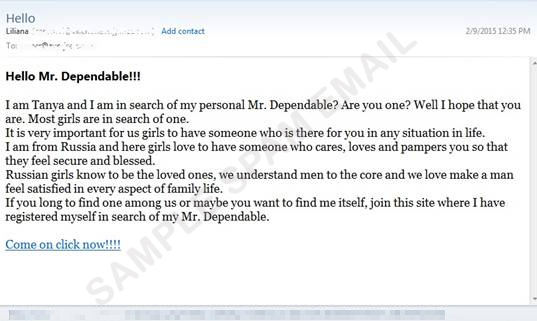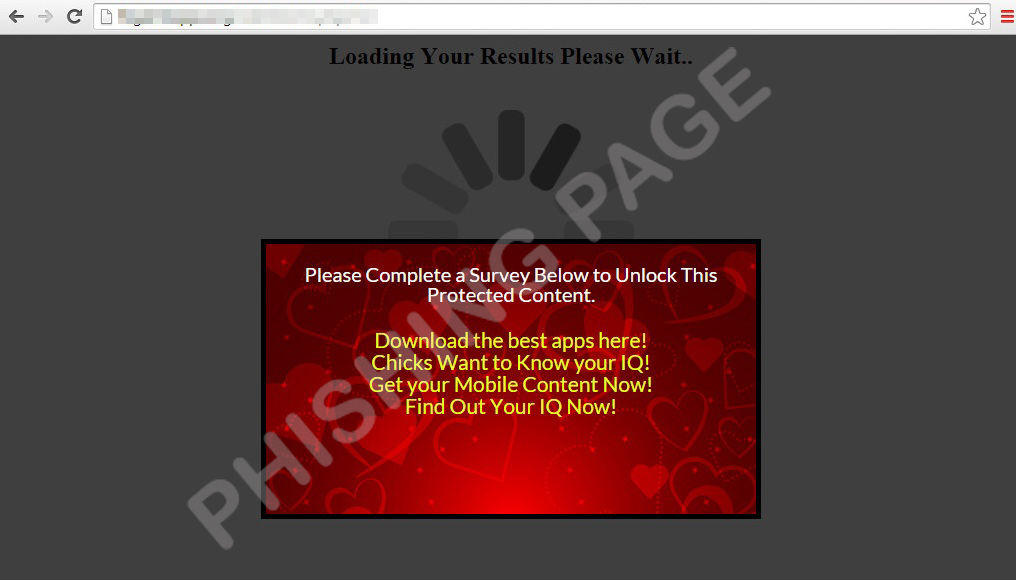Fatal Love: 8 Web Threats to Watch Out For This Valentine’s Day
For the 9th volume of the popular “Sandman” series, renowned author Neil Gaiman wrote, “Have you ever been in love? Horrible isn't it? It makes you so vulnerable. It opens your chest and it opens up your heart and it means that someone can get inside you and mess you up.”
The Internet soon caught wind of these lines, which are now splattered all over social media sites like Tumblr, Facebook, and Twitter. It confirms a sentiment that many people can already relate to: Love can be fatal.
In the World Wide Web, the idea of love might not be fatal, but it can certainly compromise you in a number of ways. Valentine’s day is coming up, and the Internet is starting to come alive with active threats that try to bait unknowing users with topics related to love or dating.
In the same way that Gaiman declares how love “makes you so vulnerable,” these web threats are also sure to leave their victims vulnerable. Instead of heartaches, the consequences can range from personal data loss to reputation damage.
Make your Valentine’s day less fatal and watch out for these ten web threats that could ruin your day:
1. The Endless Search for Mr. Dependable
Found in: Email spammed messages
Amidst a noticeable spike of dating spam numbers, we again saw this creative message that invites bachelors to get to know Russian girls who “love to have someone who cares, loves and pampers you” by registering with a dating site on the link in the message. However, this leads to a phishing site that gathers personal information, which we now know as…
2. Date Kristina (or Not)

Date Kristina is a dating site with a “Free Dating” heading on its home page. The site promises thousands of profiles of “gorgeous Russian girls” who are looking for someone to spend the rest of their lives with. However, once you register and give personal details like your complete name, nickname, birth date, country, and email address, the site does not validate via email.
3. 123 Greetings Wishing You a Healthy Heart
Found in: Email spammed messages

Spammed messages that abuse the name of online greeting card business 123 Greetings includes a number of links that try to make sure you’re healthy this coming Valentine’s day. However, when you click on the links, you are redirected to a dangerous phishing site that asks for personal information.
4. Measuring Love with an App

The Love Test Calculator app checks if you’re compatible with your partner, but you have to give them your name and birthday first. This app is an adware detected as AndroidOS_MobClick.FLA and may be capable of malicious routines such as collect personal information and shorten battery life.
5. Naughty Adware is Naughty
Found in: Mobile app stores

The Be Naughty mobile app is an online dating app that asks you to create a profile so you can flirt and chat with other users in a chat room. Detected as AndroidOS_Arpush.HRXV, this app is also an adware that can steal personal information, add bookmarks, pushes advertisements, creates site shortcuts without user permission.
6. Lovely is Viral, Really Viral

Lovely is Viral is a website that spreads via spammed messages in Facebook or Pinterest. It now uses a graphic labeled “My Valentine 2015” to encourage users to go to the site. Once there, it will ask you to click on invite links, which may lead to the download of malware on your computer.
7. Searching for Love via FB Game Apps
Found in: Facebook spammed messages
You might run into FB Game apps links now circulating in Facebook messages. Looking at global statistics, we saw Valentine’s day links and graphics that leads to this webpage. Once on the page, you are asked to complete a survey so you can download Facebook games, though what actually happens is that you only give your credentials and other personal information away.
8. In the Mood for Love

Fun Mood Apps is a dangerous site that entices Facebook users with a fun time by playing games that let you know which celebrity you look like, for instance. This Valentine’s day, it prods users to play mood games by clicking on links to find out “Who Will Be Your Valentine in 2015?” However, when you click on the link, what it actually does is either ask for personal information or download harmful files on your computer.
Love in the Time of Cybercrime
This Valentine’s season, it’s only natural for people to go out and try to find a date, either in real life or online. Just remember that cybercriminals use this very sentiment to create threats. Here are some basic best practices to guide you:
- Love your own. Guard your personal information and online accounts as you would your personal documents in real life. Giving cybercriminals your complete name and birthday alone can already give them a lot to work with.
- Guard your clicks. What seems to be a harmless link could actually be dangerous infectors, which may harbor malicious routines on your system and lead to the loss of files you try so hard to protect.
- Use online protection. In the same way that you would protect your body from harm, make sure to also protect your personal data using security products that detect web threats in real time.
Like it? Add this infographic to your site:
1. Click on the box below. 2. Press Ctrl+A to select all. 3. Press Ctrl+C to copy. 4. Paste the code into your page (Ctrl+V).
Image will appear the same size as you see above.



 Complexity and Visibility Gaps in Power Automate
Complexity and Visibility Gaps in Power Automate AI in the Crosshairs: Understanding and Detecting Attacks on AWS AI Services with Trend Vision One™
AI in the Crosshairs: Understanding and Detecting Attacks on AWS AI Services with Trend Vision One™ Trend 2025 Cyber Risk Report
Trend 2025 Cyber Risk Report The Road to Agentic AI: Navigating Architecture, Threats, and Solutions
The Road to Agentic AI: Navigating Architecture, Threats, and Solutions